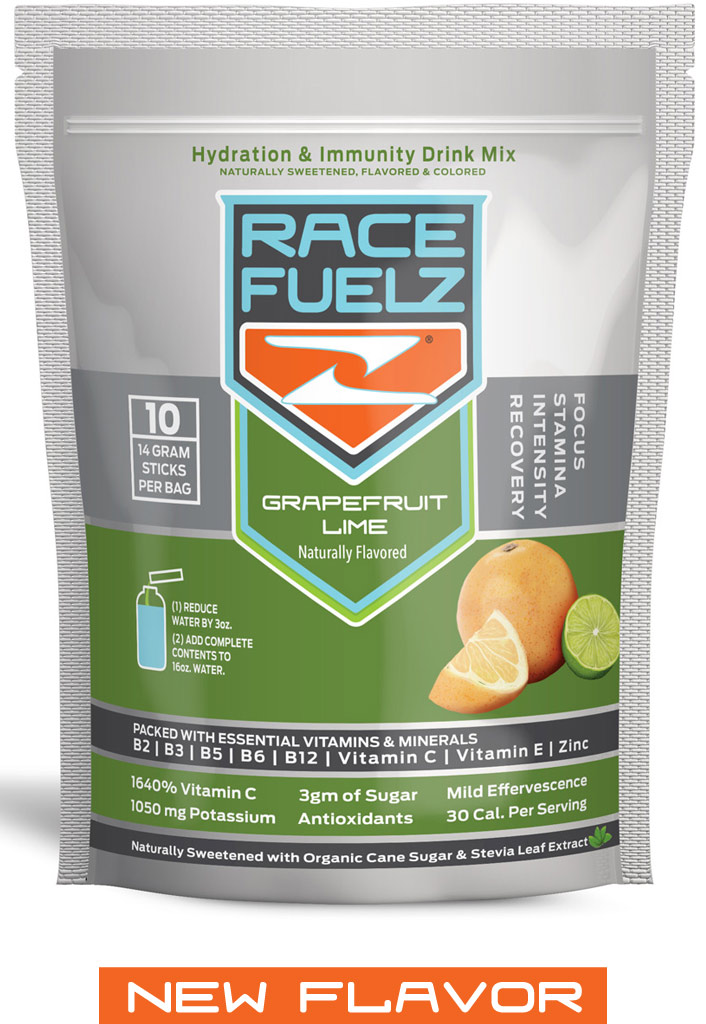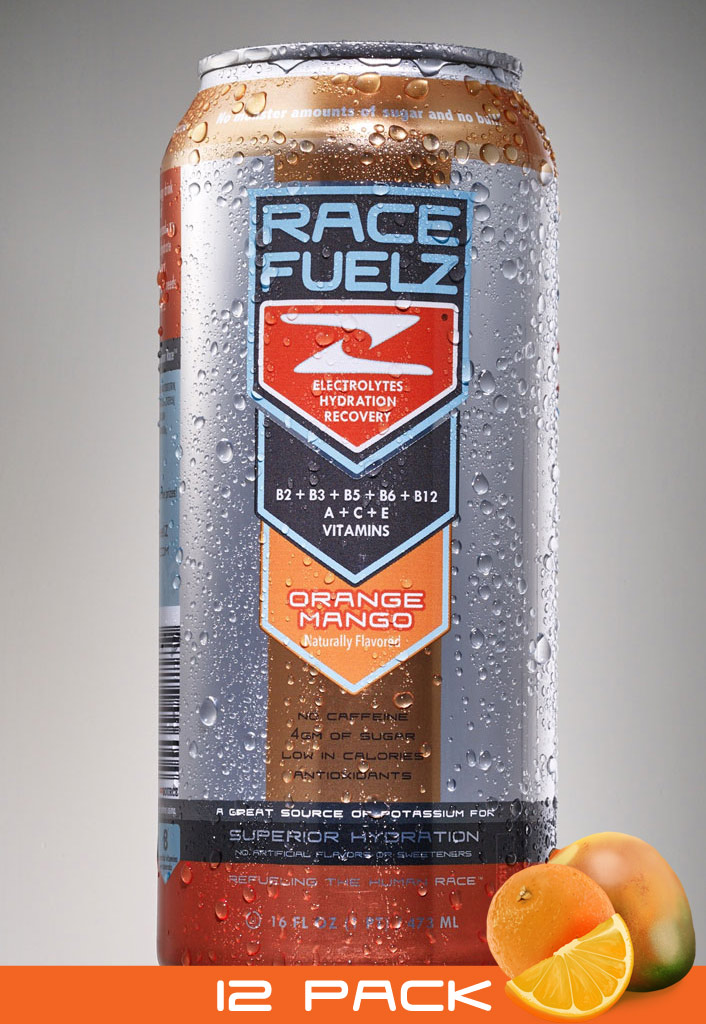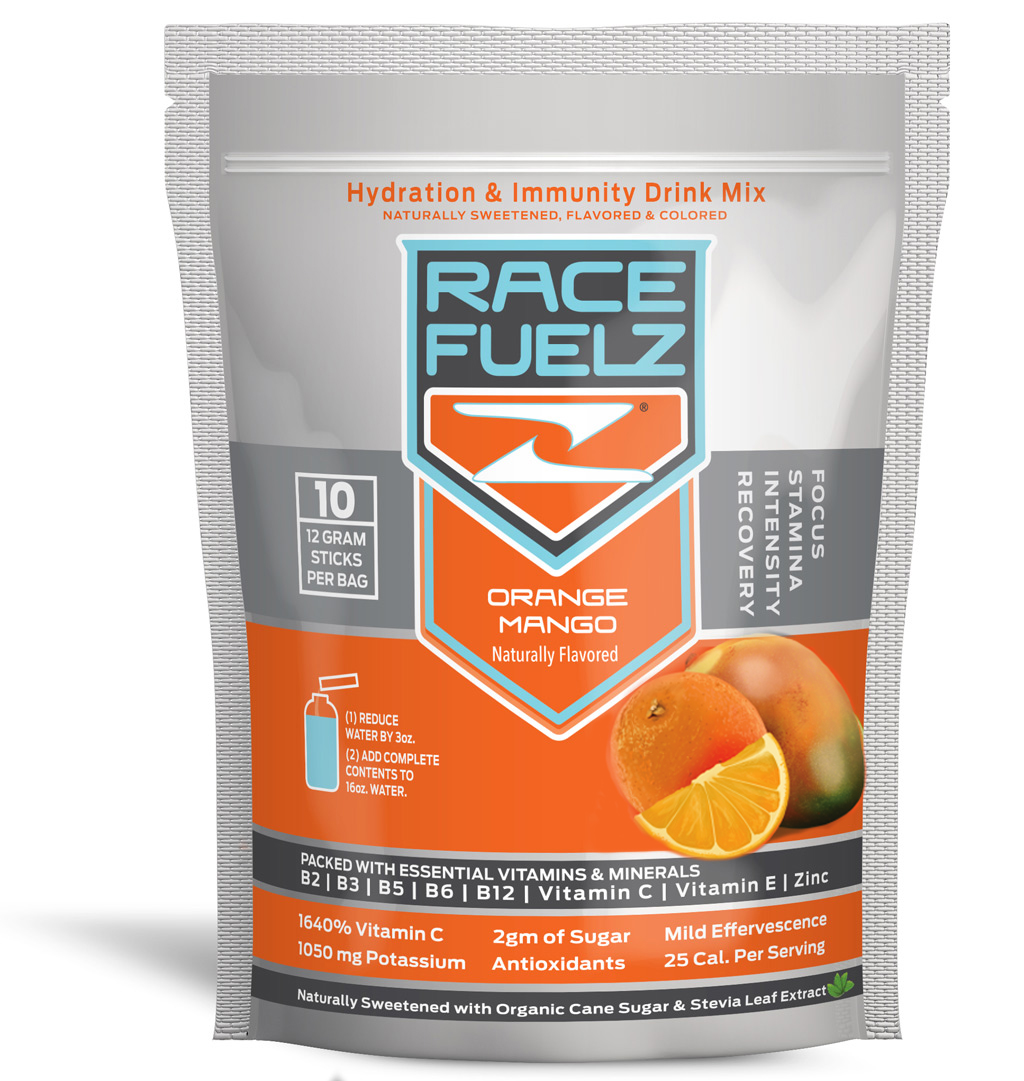Magnesium is the fourth most abundant mineral in the human body. It plays several important roles in the health of your body and brain. However, you may not be getting enough of it, even if you eat a healthy diet. Here are some health benefits of magnesium that are supported by modern scientific research.
1. Magnesium is Involved in Hundreds of Biochemical Reactions in Your Body
Magnesium is a mineral found in the earth, sea, plants, animals and humans.
About 60% of the magnesium in your body is found in bone, while the rest is in muscles, soft tissues and fluids, including blood.
In fact, every cell in your body contains it, and needs it to function.
One of magnesium's main roles is acting as a cofactor or "helper molecule" in the biochemical reactions continuously performed by enzymes.
It is actually involved in more than 600 reactions in your body, including:
- Energy creation: Helps convert food into energy.
- Protein formation: Helps create new proteins from amino acids.
- Gene maintenance: Helps create and repair DNA and RNA.
- Muscle movements: Is part of the contraction and relaxation of muscles.
- Nervous system regulation: Helps regulate neurotransmitters, which send messages throughout your brain and nervous system.
Unfortunately, studies suggest that about 50% of people in the US and Europe get less than the recommended daily amount of magnesium.
Bottom Line: Magnesium is a mineral that supports hundreds of chemical reactions in your body. However, many people get less than they need.
2. It May Boost Exercise Performance
Magnesium also plays a role in exercise performance.
During exercise, you may actually need 10–20% more magnesium than when you're resting, depending on the activity.
Magnesium helps move blood sugar into your muscles and dispose of lactic acid, which can build up in muscles during exercise and cause pain. Studies have shown that supplementing with it can boost exercise performance for athletes, the elderly and people with chronic disease.
In one study, volleyball players who took 250 mg per day experienced improvements in jumping and arm movements.
In another study, athletes who supplemented with magnesium for 4 weeks had faster running, cycling and swimming times during a triathlon. They also experienced reductions in insulin and stress hormone levels.
However, evidence is mixed. Other studies have found no benefit of magnesium supplements in athletes with low or normal levels.
Bottom Line: Magnesium supplements have been shown to enhance exercise performance in several studies.
3. Magnesium Fights Depression
Magnesium plays a critical role in brain function and mood, and low levels are linked to an increased risk of depression.
One analysis of over 8,800 people found that those under 65 years of age with the lowest intake had a 22% greater risk of depression.
Some experts believe the low magnesium content of modern food may be the cause of many cases of depression and mental illness.
However, others experts emphasize the need for more research in this area.
Nonetheless, supplementing with it may help reduce symptoms of depression, and in some cases the results can be dramatic.
In a randomized controlled trial of depressed older adults, 450 mg of magnesium improved mood as effectively as an anti-depressant drug.
Bottom Line: People with depression may be deficient in magnesium. Supplementing with it can reduce symptoms of depression in some people.
4. It Has Benefits Against Type 2 Diabetes
Magnesium also has beneficial effects against type 2 diabetes.
It's believed that about 48% of diabetics have low levels of magnesium in their blood. This can impair insulin's ability to keep blood sugar levels under control.
Additionally, research suggests that people with a low magnesium intake have a higher risk of developing diabetes.
One study followed more than 4,000 people for 20 years. It found that those with the highest intake were 47% less likely to become diabetic.
In another study, diabetics who took high doses of magnesium each day experienced significant improvements to blood sugar and Hemoglobin A1c levels, compared to a control group.
However, this may depend on how much you are getting from food. In a different study, supplements did not improve blood sugar or insulin levels in people who weren't deficient.
Bottom Line: People who get the most magnesium have a lower risk of developing type 2 diabetes, and supplements have been shown to lower blood sugar in some people.
5. Magnesium Can Lower Blood Pressure
Studies show that taking magnesium can lower blood pressure.
In one study, people who took 450 mg per day experienced a significant decrease in systolic and diastolic blood pressure.
However, these benefits may only occur in people who have high blood pressure.
Another study found that magnesium lowered blood pressure for people with high blood pressure, but had no effect on those with normal levels.
Bottom Line: Magnesium helps lower blood pressure when it is elevated, but does not seem to lower blood pressure for those with normal levels.
6. It Has Anti-Inflammatory Benefits
Low magnesium intake is linked to chronic inflammation, which is one of the drivers of aging, obesity and chronic disease.
In one study, children with the lowest blood magnesium levels were found to have the highest levels of the inflammatory marker CRP.
They also had higher blood sugar, insulin and triglyceride levels.
Magnesium supplements can reduce CRP and other markers of inflammation in older adults, overweight people and those with pre-diabetes.
In the same way, high-magnesium foods can reduce inflammation. These include fatty fish and dark chocolate.
Bottom Line: Magnesium has been shown to help fight inflammation. It reduces the inflammatory marker CRP and provides several other benefits.
7. Magnesium Can Help Prevent Migraines
Migraine headaches are painful and debilitating. Nausea, vomiting and sensitivity to light and noise often occur.
Some researchers believe that people who suffer from migraines are more likely than others to be magnesium deficient.
In fact, a few encouraging studies suggest that magnesium can prevent and even help treat migraines.
In one study, supplementing with one gram provided relief from a migraine more quickly and effectively than a common medication.
Additionally, magnesium-rich foods may help reduce migraine symptoms.
Bottom Line: People who suffer from migraines may have low magnesium levels, and some studies have shown that supplementing can provide relief from migraines.
8. It Reduces Insulin Resistance
Insulin resistance is one of the leading causes of metabolic syndrome and type 2 diabetes.
It's characterized by an impaired ability of muscle and liver cells to properly absorb sugar from the bloodstream.
Magnesium plays a crucial role in this process, and many people with metabolic syndrome are deficien.
In addition, the high levels of insulin that accompany insulin resistance lead to the loss of magnesium in the urine, further reducing your body's levels.
Fortunately, increasing magnesium intake can help.
One study found that supplementing reduced insulin resistance and blood sugar levels, even in people with normal blood levels.
Bottom Line: Magnesium supplements may improve insulin resistance in people with metabolic syndrome and type 2 diabetes.
9. Magnesium Improves PMS Symptoms
Premenstrual syndrome (PMS) is one of the most common disorders among women of child-bearing age.
Its symptoms include water retention, abdominal cramps, tiredness and irritability.
Interestingly, magnesium has been shown to improve mood in women with PMS, and may also reduce water retention and other symptoms.
Bottom Line: Magnesium supplements have been shown to improve symptoms that occur in women with premenstrual syndrome.
10. Magnesium is Safe and Widely Available
Magnesium is absolutely essential for good health. The recommended daily intake is 400–420 mg per day for men, and 310–320 mg per day for women.
You can get it from both food and supplements.
The following foods are good to excellent sources of magnesium:
- Pumpkin seeds: 46% of the RDI in a quarter cup (16 grams).
- Spinach, boiled: 39% of the RDI in a cup (180 grams).
- Swiss chard, boiled: 38% of the RDI in a cup (175 grams).
- Dark chocolate (70–85% cocoa): 33% of the RDI in 3.5 ounces (100 grams).
- Black beans: 30% of the RDI in a cup (172 grams).
- Quinoa, cooked: 33% of RDI the in a cup (185 grams).
- Halibut: 27% of the RDI in 3.5 ounces (100 grams).
- Almonds: 25% of the RDI in a quarter cup (24 grams).
- Cashews: 25% of the RDI in a quarter cup (30 grams).
- Mackerel: 19% of the RDI in 3.5 ounces (100 grams).
- Avocado: 15% of the RDI in one medium avocado (200 grams).
- Salmon: 9% of the RDI in 3.5 ounces (100 grams).
Supplements
If you have a medical condition, then check with your doctor before taking a supplement.
Although magnesium supplements are generally well-tolerated, they may not be safe for people who take certain diuretics, heart medications or antibiotics.
Supplement forms that are absorbed well include magnesium citrate, glycinate, orotate and carbonate.
Bottom Line: Getting enough magnesium is important. Many foods contain it, and there are also many high-quality supplements available.
Summary
Getting enough magnesium is essential for maintaining good health. Be sure to eat plenty of magnesium-rich foods, or take a supplement if you're unable to get enough from your diet alone. Without enough of this important mineral, your body simply can't function optimally.

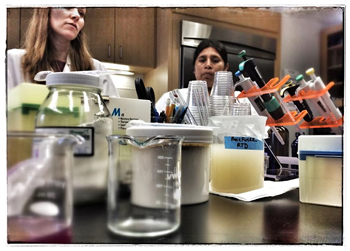
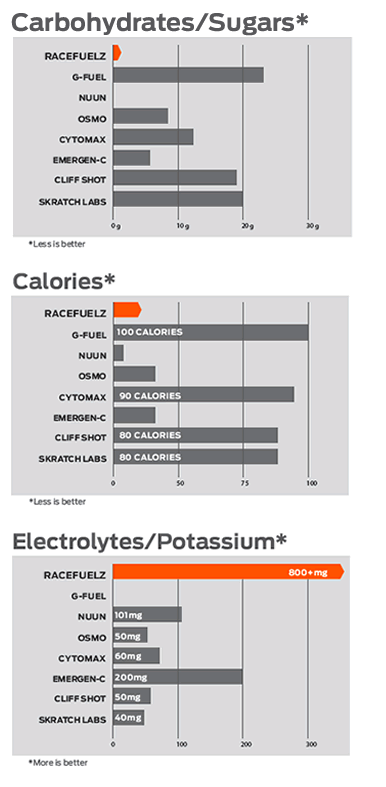 Based on an impressive number of athlete reviews and based on their successes with RaceFuelZ, we are confident that we've produced the best product available on the market. One of the main goals was to make sure the product tasted amazing. It was tricky combining a healthy dose of vitamins alongside a great tasting product, but after years of development, we're proud to say that we have achieved this task.
Based on an impressive number of athlete reviews and based on their successes with RaceFuelZ, we are confident that we've produced the best product available on the market. One of the main goals was to make sure the product tasted amazing. It was tricky combining a healthy dose of vitamins alongside a great tasting product, but after years of development, we're proud to say that we have achieved this task.  In 2014, while announcing the launch of RaceFuelz, Gage McAllister put us on the podium with a 2nd place finish at Daytona International Speedway. Since then, we have gone on to take over 50 podium placements and secure 14 championships with motorcycle road and supermoto racers. (Right: Martin Cardinez shown at the RaceFuelZ Pro Superbike race 2014)
In 2014, while announcing the launch of RaceFuelz, Gage McAllister put us on the podium with a 2nd place finish at Daytona International Speedway. Since then, we have gone on to take over 50 podium placements and secure 14 championships with motorcycle road and supermoto racers. (Right: Martin Cardinez shown at the RaceFuelZ Pro Superbike race 2014)


